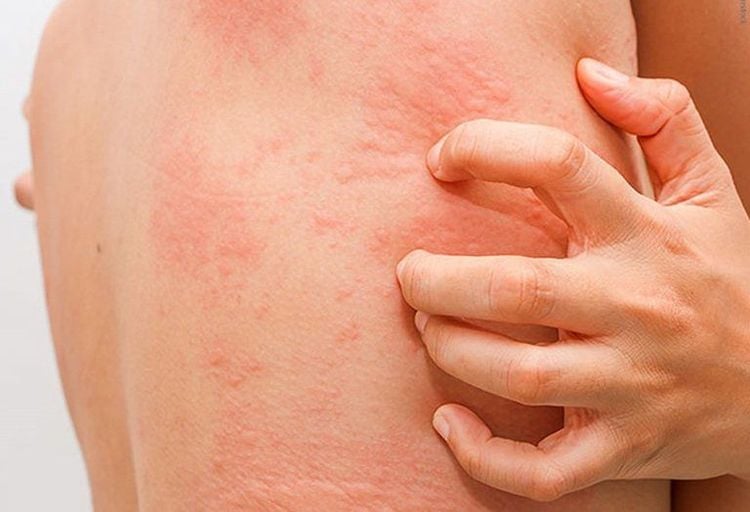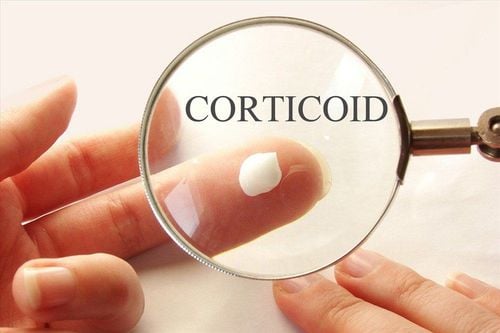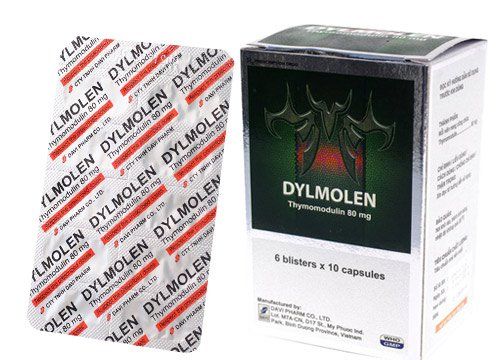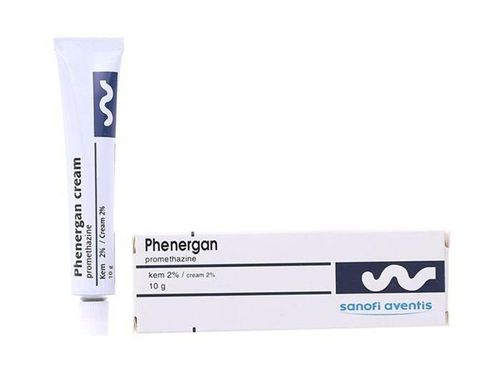This is an automatically translated article.
The article was written by Pharmacist Nguyen Huy Khiem - Faculty of Pharmacy - Vinmec Times City International General Hospital1. Why drugs have anti-allergic effects?
Allergic symptoms (including: itching, urticaria, swelling of the lips, eyes,...) are usually due to the release and effect of histamine when it binds to receptors in the body. . Chlorpheniramine works by blocking the allergenic effects of histamine by preventing histamine from binding to H1 receptors in tissues in the gastrointestinal tract, vascular wall, and respiratory tract.
In addition, the drug has the ability to penetrate into the central nervous system, inhibiting the effect of acetylcholine, thus also exhibiting sedative effects, reducing body fluid secretion (saliva, tears,...)
Do Accordingly, Chlorpheniramine is classified as a first-generation (non-selective) H1 antihistamine.

2. Dosage
Adults and children > 12 years old: 4mg/time; Dose may be repeated every 4-6 hours if needed, do not exceed 24 mg/day. Children 6-12 years old: 2mg/time; Dose may be repeated every 4-6 hours if needed, not exceeding 12 mg/day. Children 2 - 6 years old: 1mg/time; Dose may be repeated every 4-6 hours if necessary, not exceeding 6 mg/day. Do not use for children < 2 years old.

3. Care should be taken when using Chlorpheniramine for which patients?
The drug has a sedative effect, causing drowsiness, so care should be taken when using it for people who are driving or operating machinery. The drug can cause urinary retention, caution when used for prostate enlargement. Not giving priority to the elderly > 65 years old because this patient is more susceptible to unwanted effects of the drug: cognitive impairment, dry mouth, constipation,... Lactating women: drugs Passes breast milk, and may cause a decrease in breast milk production
Please dial HOTLINE for more information or register for an appointment HERE. Download MyVinmec app to make appointments faster and to manage your bookings easily.














